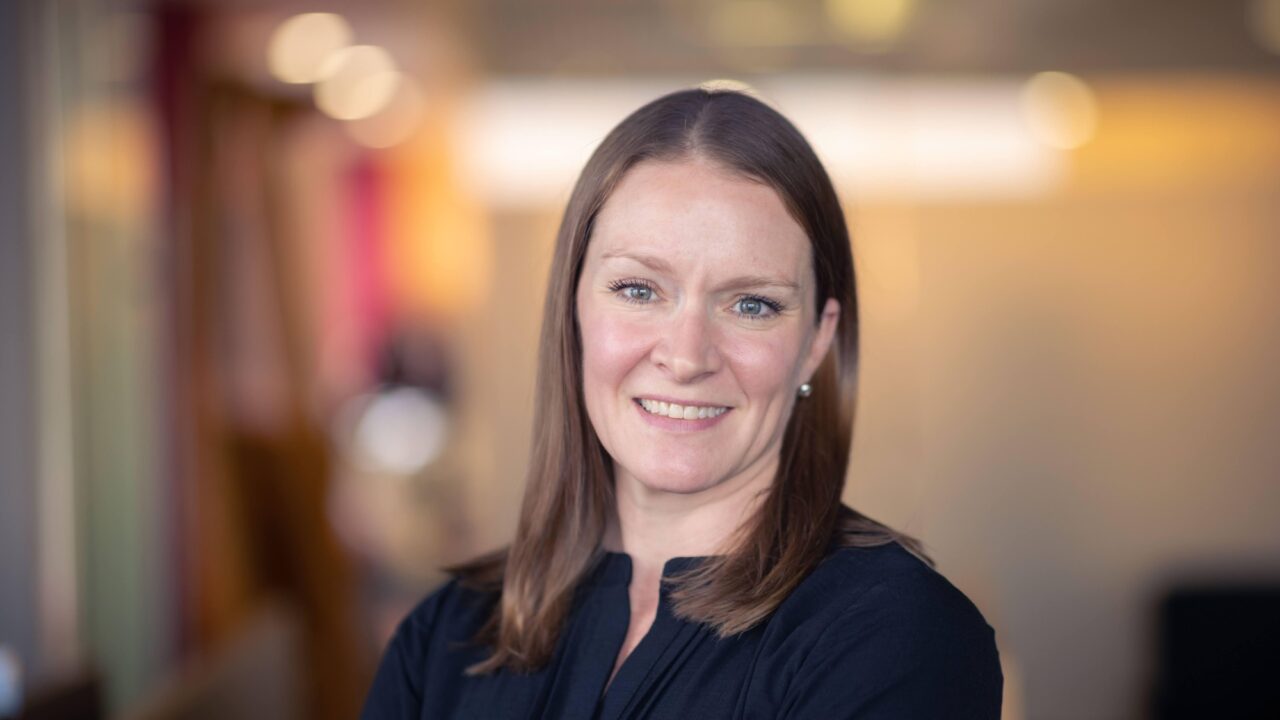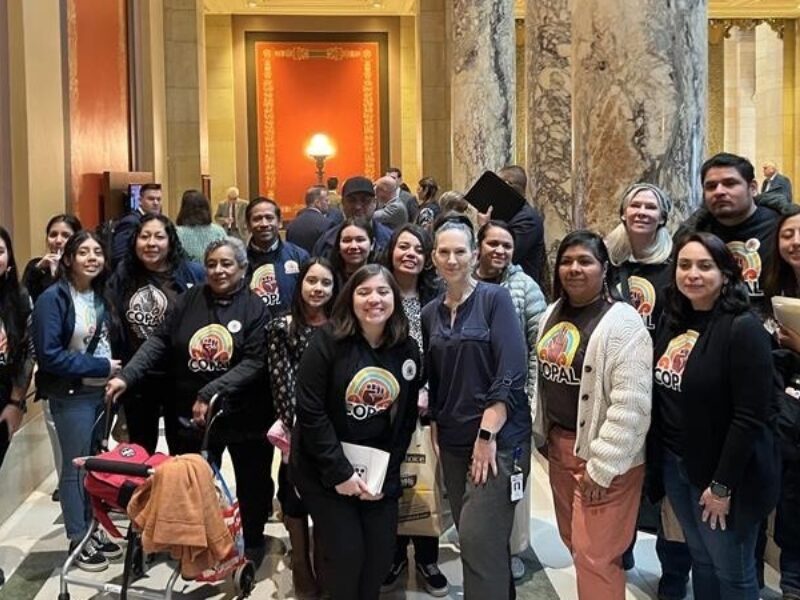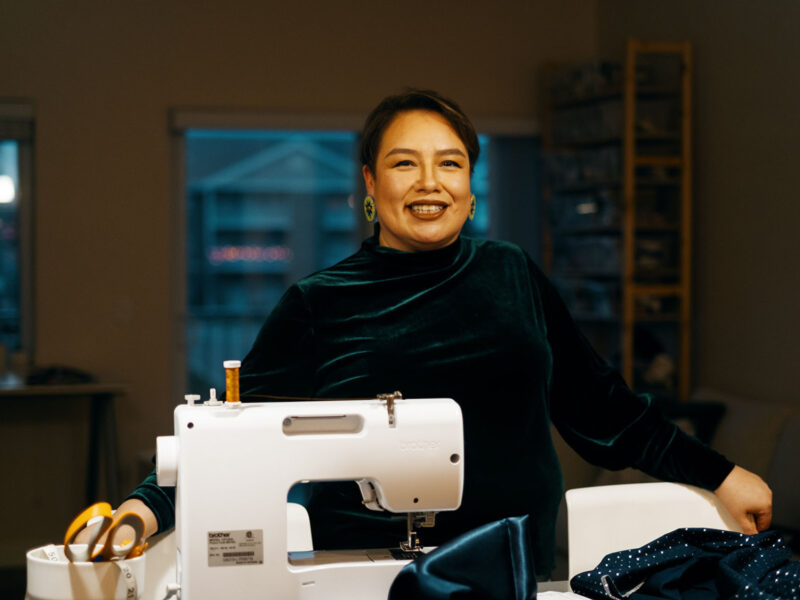The Saint Paul & Minnesota Foundation becomes the first U.S. based community foundation signatory to the United Nations Principles for Responsible Investment.
The Saint Paul & Minnesota Foundation recently made history as the first United States community foundation signatory to the Principles for Responsible Investment instituted by the United Nations (UNPRI). UNPRI is an international network of more than 4,600 signatories from more than 50 countries representing more than $121 trillion of assets under management as of December 31, 2021.
“Becoming a UNPRI signatory is a way to demonstrate our commitment to responsible investing,” said Shannon M. O’Leary, the Foundation’s chief investment officer. “We have been working with UNPRI for several years and have found their approach highly collaborative. The network of signatories also provides us with many opportunities to engage with like-minded investors, such as the Minnesota State Board of Investment, for ongoing collaboration relating to responsible investing practices.”

Benefits of Investing This Way
The Foundation’s commitment to UNPRI does not represent a new approach to our investing.
“Our board-approved investment policy statement, adopted in 2020, codified our commitment to the socially responsible investing practices advocated by UNPRI,” said Shannon. “In our work we continue to see ongoing correlation between the adoption of responsible investing practices and excess financial returns. Within our own portfolios, we have observed that adhering to socially responsible investing practices is delivering stronger returns at lower risk.”
The UNPRI’s mission and six core socially responsible investing principles align well with the Foundation’s vision, specifically our community-focused aspiration and purpose.
Six Principles for Responsible Investments
- Principle 1: We will incorporate ESG issues into investment analysis and decision-making processes.
- Principle 2: We will be active owners and incorporate ESG issues into our ownership policies and practices.
- Principle 3: We will seek appropriate disclosure on ESG issues by the entities in which we invest.
- Principle 4: We will promote acceptance and implementation of the Principles within the investment industry.
- Principle 5: We will work together to enhance our effectiveness in implementing the Principles.
- Principle 6: We will each report on our activities and progress towards implementing the Principles.
The Foundation’s Investment Team has found that unaddressed ESG and DEI related issues with investment managers, portfolios, and underlying portfolio companies can have a material impact on financial returns.
“We have worked over the last couple of years to create a robust responsible investing reporting and tracking system for our portfolios,” Shannon said. “With the system in place, staff have been able to use manager specific findings as tools in our diligence and monitoring work. We are also now able to track a manager’s progress over time using a variety of different metrics and can hold these firms accountable for their actions – or lack of action – on responsible investing matters.’
In our investment work, the Foundation will continue to actively engage our asset managers and use our investment dollars as a tool for change in the investment industry.
“Partnering with UNPRI will further advance our efforts to encourage greater diversity, equity and inclusion within the investment industry,” said Shannon.
Igniting the Change of DEI Practices
As part of becoming the first U.S. community foundation UNPRI signatory, the Investments Team shared their DEI evaluation process with UNPRI, which was recently incorporated into their diversity, equity, and inclusion due diligence questionnaire.
Shannon and her team have been able to create and leverage a DEI framework to transparently evaluate the DEI practices of our current and prospective fund management teams.
Each manager is assigned a score to communicate where they are doing well and where the Foundation can expect to see improvement. This allows the Foundation to decide whether they plan to continue working with a fund management team based on their improvement or lack thereof on their DEI score.
“I have so many other talented managers in all asset classes that I can work with who take DEI seriously both in policy and practice that there’s no need to work with folks who are not aligned with our values,” said Shannon.
This process has also inspired other institutional investors to take a look at how they can incorporate similar practices at their organizations.









